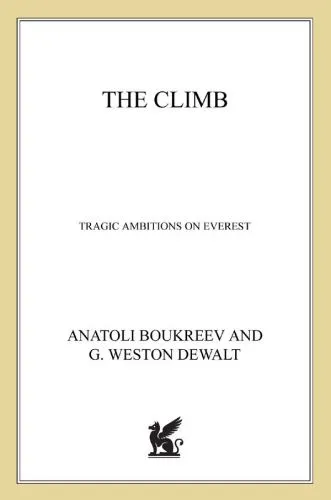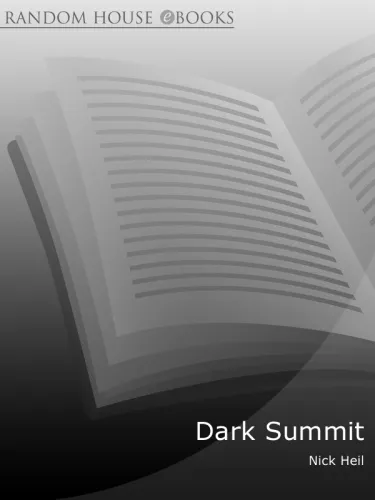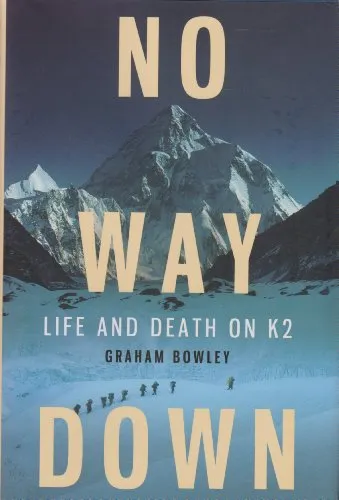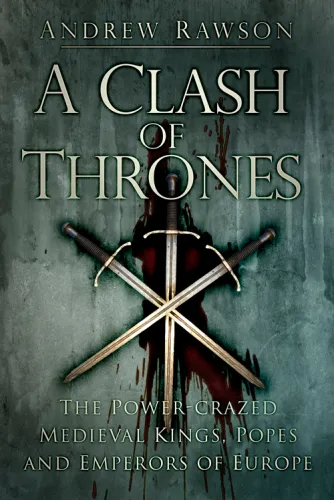The Tartar steppe
4.2
Reviews from our users

You Can Ask your questions from this book's AI after Login
Each download or ask from book AI costs 2 points. To earn more free points, please visit the Points Guide Page and complete some valuable actions.Related Refrences:
Persian Summary
The Tartar Steppe: An Introduction
"The Tartar Steppe" is a profound and haunting novel by Italian author Dino Buzzati, first published in 1940. Set in a solitary and remote military outpost, the book explores themes of time, existentialism, duty, and the relentless search for meaning in an often indifferent world. Its rich narrative and symbolic depth have captivated readers worldwide, making it a seminal work in world literature.
Detailed Summary of the Book
The story follows Giovanni Drogo, an ambitious young officer who is stationed at Fort Bastiani, a desolate military barracks situated on the outskirts of an enigmatic desert known as the Tartar Steppe. As Drogo begins his new posting, he is filled with hope and anticipation. However, he quickly discovers that life at the fort is marked by interminable routine and a disturbing sense of waiting — waiting for an enemy that may never come.
Over time, as days turn into months and then years, Drogo becomes entrapped by the fort's aura, and the pervasive ennui of military life takes its toll. Each day brings a slim hope for glory or action, and yet, the much-anticipated battle or invasion remains elusive. The vast and mysterious steppe seems to mock the soldiers with its silence, and the promised excitement of military valor dissolves into a life of drudgery and inconsequence.
As Drogo ages, the realization dawns that he has spent the best years of his life waiting for something that may never materialize. "The Tartar Steppe" cleverly examines the human condition and the existential queries of purpose, and passages are infused with poignant reflections on the passage of time and the transient nature of dreams.
Key Takeaways
- The novel depicts the futile quest for glory and meaning, challenging readers to consider the nature of ambition and duty.
- Buzzati's work is layered with existential themes, reflecting on the inexorability of time and the human tendency to await a future that may never arrive.
- The character of Drogo serves as an embodiment of humanity's eternal conflict between hope and reality.
Famous Quotes from the Book
"Is this, then, what life is?"
"Time, which takes away all things, gives us the chance to grow complacent and weary of waiting."
Why This Book Matters
"The Tartar Steppe" is not merely a novel; it is a timeless exploration of human existence. Its philosophical undertones resonate with existential works by writers like Camus and Kafka. The novel confronts readers with the inevitability of time and the burdensome wait for purpose in life. For students of literature and philosophy, Buzzati's masterpiece provokes deep contemplation on the nature of human ambition and the often relentless march of time.
Beyond its intellectual appeal, the book's narrative prowess and compelling character arc make it a compelling read. Buzzati's poetic language and atmospheric descriptions eloquently capture the fort's isolation and the desolation of the steppe, serving as metaphors for the internal desolation felt by Drogo and perhaps by readers themselves.
This novel's significance lies in its ability to transcend cultural and linguistic boundaries, speaking to the universal human experience. It remains a poignant reminder of the choices we make, the dreams we chase, and the passage of time that shapes our lives.
Free Direct Download
You Can Download this book after Login
Accessing books through legal platforms and public libraries not only supports the rights of authors and publishers but also contributes to the sustainability of reading culture. Before downloading, please take a moment to consider these options.
Find this book on other platforms:
WorldCat helps you find books in libraries worldwide.
See ratings, reviews, and discussions on Goodreads.
Find and buy rare or used books on AbeBooks.
2070
بازدید4.2
امتیاز0
نظر98%
رضایتReviews:
4.2
Based on 0 users review
Questions & Answers
Ask questions about this book or help others by answering
No questions yet. Be the first to ask!
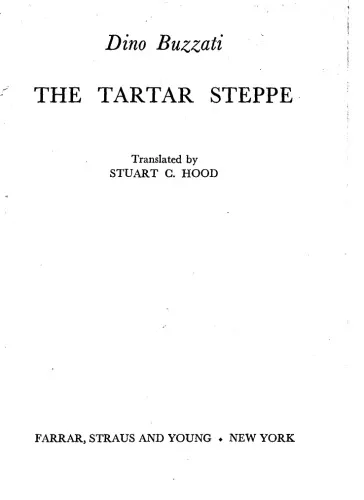

![Strategy and Human Resource Management (Management, Work and Organisations) [Team-IRA]](https://s3.refhub.ir/images/thumb/Strategy_and_Human_Resource_Management__Manag_22338.webp)
![ISE Vander's Human Physiology [Team-IRA]](https://s3.refhub.ir/images/thumb/ISE_Vander_s_Human_Physiology__Team-IRA_22339.webp)
![Human Physiology ISE [Team-IRA]](https://s3.refhub.ir/images/thumb/Human_Physiology_ISE__Team-IRA_22340.webp)
